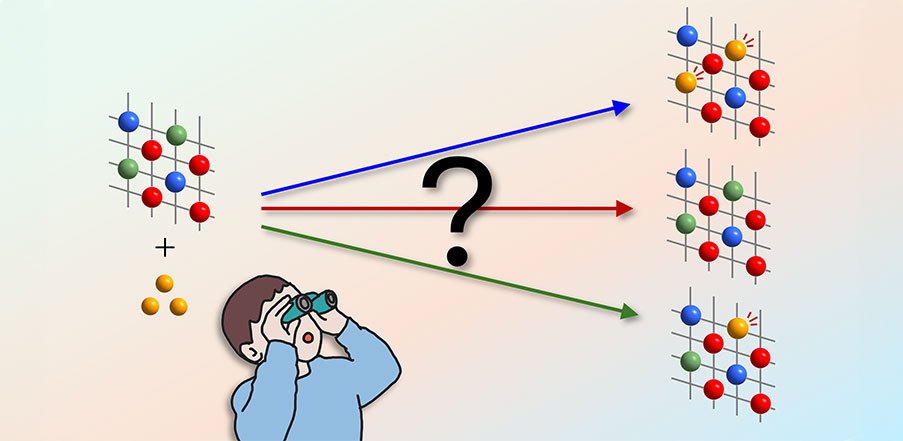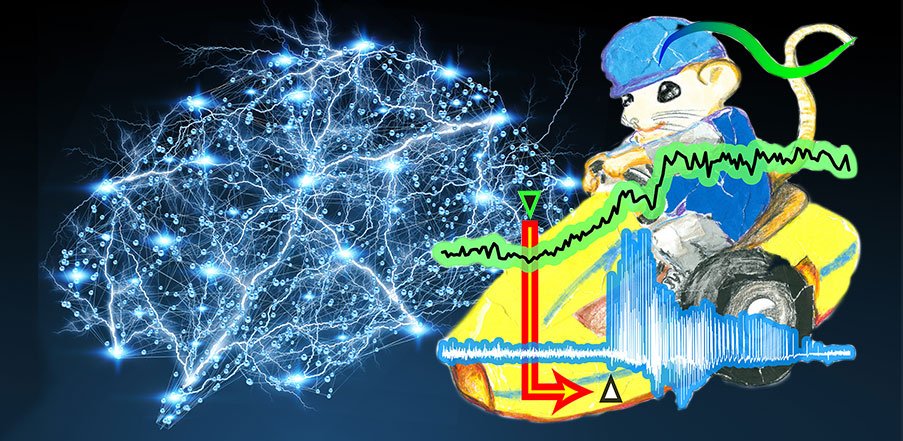In early 2020, Notre Dame Lecturer and Founding CEO of Living Child Sara David was appointed a Member of the Order of Australia for her service to international humanitarian programs, specifically her midwifery work in Papua New Guinea (PNG).
In any normal year, Sara would have been back and forth between Perth and PNG, but because of COVID-19 travel restrictions she has had to stay anchored to Australia. This does not seem to concern Sara too much though, her faith in the self-sufficiency of the communities she has been working with is unshakeable.
“A lot of the local people that we’ve been partnering with have really stepped up, because they know that we can’t go up there. And they’ve been doing amazing work,” Sara says.
“We’ve been up there eight years now, so we’ve developed, trusting, respectful relationships with the local people.”
Sara particularly recalls one woman, the wife of one of the male leaders who had been allocated to look after Sara and her group, who went from “hardly saying a word”, to becoming a leader in the community having been inspired and educated by Sara and the other volunteers.
“Every time we’ve gone out to the remote villages she and her husband have been there, they’ve come to every bit of training, and she slowly absorbed everything we’d teach her. Now she’s able to teach the local women and has gained their trust and respect. She’s been running a program for us called Care Groups, supervising 25 female volunteers to give small amounts of behavioural change education around nutrition and hygiene.

“I said to her, when I saw her in March, ‘tell me honestly, what do you think of Care Groups?’ She answered, ‘I love it!’ I asked, ‘why do you love it?’ And she said, ‘because I’m making a difference for my community, and I’m helping save lives.’ It’s now her vision to see this initiative expand, not just for her village or the next village, but to the entire area.”
Ironically, the best outcome for any humanitarian group is to be unneeded in the long-term, to have helped build and develop enough of a social security net to leave an area and know the community will be self-sufficient. But this is exactly what Sara believes.
“There can be a lot of damage caused by organisations if they just go in for a short amount of time and don’t do any follow up,” Sara says.
“The organisations on location full time can feel that they are left to pick up the pieces. But in the area where we work, there was nothing. There was absolutely no one else. There were no other organisations, there were no health services, so we thought we’d just keep doing what we could with what we had.
“And one thing I’ve really seen as an advantage for us coming and going, is that as the trust with the community develops, and they know that we keep going back, then they really take it upon themselves to take on information and training that we’ve given, put it into practice, and give feedback to us.”
This feedback process is highly valuable in implementing culturally and socially appropriate initiatives for the local community. For example, in the case of an issue that would seem alien to many Australians, when a woman in the area required a boat to urgently get to the health centre, the men were uninterested or unmotivated to help.
“We spent a lot of time working with the women to try to problem solve and come up with some community driven ideas. We asked how they could engage the men and get the men to support them better.”
In this collaborative way of working, the community could come up with their own ideas for how to combat the issue. The next time Sara visited PNG, she was delighted to see that the ideas discussed previously had been put into action.
“I just love it.” Sara says. “When we’ve gone back again, they come to us and say ‘it’s working, the men now respect us, when we say a woman needs to get in the boat and go down to the health centre urgently they believe us and they do it.’ It’s exciting to see them building that problem-solving capacity and proactive nature.”
Sara’s recent work as a sessional lecturer at Notre Dame has been a channel for her passion for midwifery and primary healthcare and, despite not having been able to visit PNG as often this year due to the travel restrictions, she also brings her experience and worldly knowledge to the Midwifery students.
“Australia is a privileged country and we have first world services,” Sara says.
“It really hit home to me when I’d been in PNG and was at home in Perth when my son injured himself. I had to take him to the hospital and doctors surrounded us. There was one nurse, and I think about four or five doctors. I’d just come back from PNG and there was nothing, no equipment, everything was from the 1960s, and there was no doctor. We are so privileged here, we’ve got everything, and I feel that nurses and midwives here in Australia need to realise that you can’t just rely on technology.
In nursing and midwifery, because there are a lot of places in the world where you are the only trained person , having a good grasp of proper assessment skills, history-taking, critical thinking, to enable a good clinical decision is really, really important for quality health care.”
As a humanitarian leader in global healthcare, Sara provides Notre Dame students with valuable insights and experience. Check the Living Child website to find out more about Sara’s work in PNG and visit the Nursing & Midwifery page



